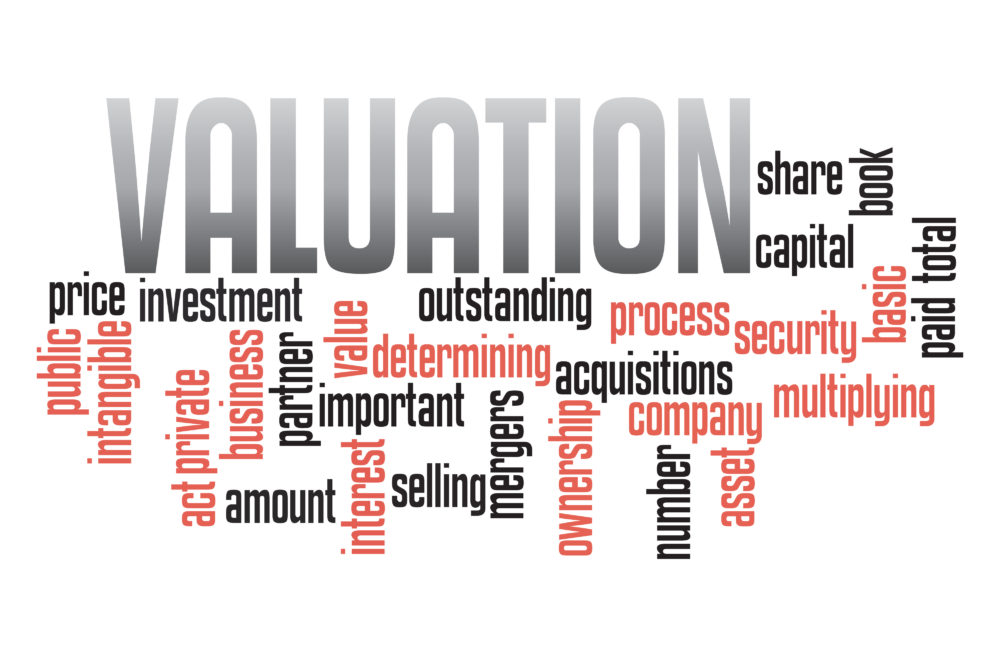After years of hard work, you will probably be on the lookout for the best buyer possible when you’re selling your business.
Spending time on preparing your business for sale is one way that you can do this; another way is to know what questions to ask interested parties.
It is usually the buyer that comes with the right kind of questions to ask. However, if you are prepared, you can have a list of questions yourself so that you can easily spot the serious buyer from the window shopper.
So, if you’re thinking of selling up, read these pointers of what to ask a potential buyer.
1. Why are you interested in buying?
Asking a direct question such as this one will help you to quickly understand the buyer’s intentions. For example, if you are running a marketing agency and they have years of marketing experience, they might be looking to go out on their own. Or, they could be hoping to acquire your business in order to expand their already existing agency.
In both these cases, however, they should be able to approach you with a considerable amount of information as to their plans for the business. If they are looking to expand their own business, they will be looking for a business that can easily synergise with their own and bring something new, such as customer base or services, to what they already offer.
Be wary of the buyer who does not have a well thought out and specific answer to this question. If they are simply ‘having a look’ you might very well have a time waster on your hands.
2. How will you go about your due diligence process?
Finding out what the buyer is planning on for the due diligence process can be very helpful. Start-off with broad questions but then, as they answer, try to get specifics. Take notes that will enable you to hold the buyer accountable later.
A buyer that is able to clearly answer these questions will be easier to handle and prove they are serious. Often first-time buyers are less able to answer this question. Once you have asked it, however, it will prompt them to figure it out sooner rather than later.
You can even be specific and ask for a list of the things that they will need from you so that you can begin preparing. This will force them to be as organised as possible.
If, for example, you run a manufacturing business, they will want a clear report on your machinery and when it was purchased and last serviced. They will also want to know exactly what contracts you have with suppliers and customers.
3. How will you finance the purchase?
Buying a business is a costly endeavour and, therefore, any serious buyer will have a clear plan of how they will pay for it. You will also be able to quickly ascertain whether they are planning to negotiate some kind of seller financing.
If they are looking for seller finance, this is something that may work in your favour as a negotiating chip. No matter what, though, you should be prepared for the negotiations.
4. What are your plans for the business?
Ask this question to make sure that you have found not only a serious buyer, but also the right buyer. When you have built up a business over the years it will be somewhat important to you that your legacy continues.
Find out whether the buyer tends to keep on all of your employees and customers. You can also get a sense of whether they are planning to expand your business or if this is only an investment to them.
If your business is in the retail sector, you can find out how they plan to adjust to changing shopping habits in the face of online retail. Or you can find out if they are passionate about what it is that your business sells.
Selling a business can be an arduous task that can take months or even years to complete. By asking these questions, you can at least make sure that you don’t waste your time on buyers that are not serious or are not of interest to you.
Jo Thornley is the head of brand and partnerships at Dynamis.





